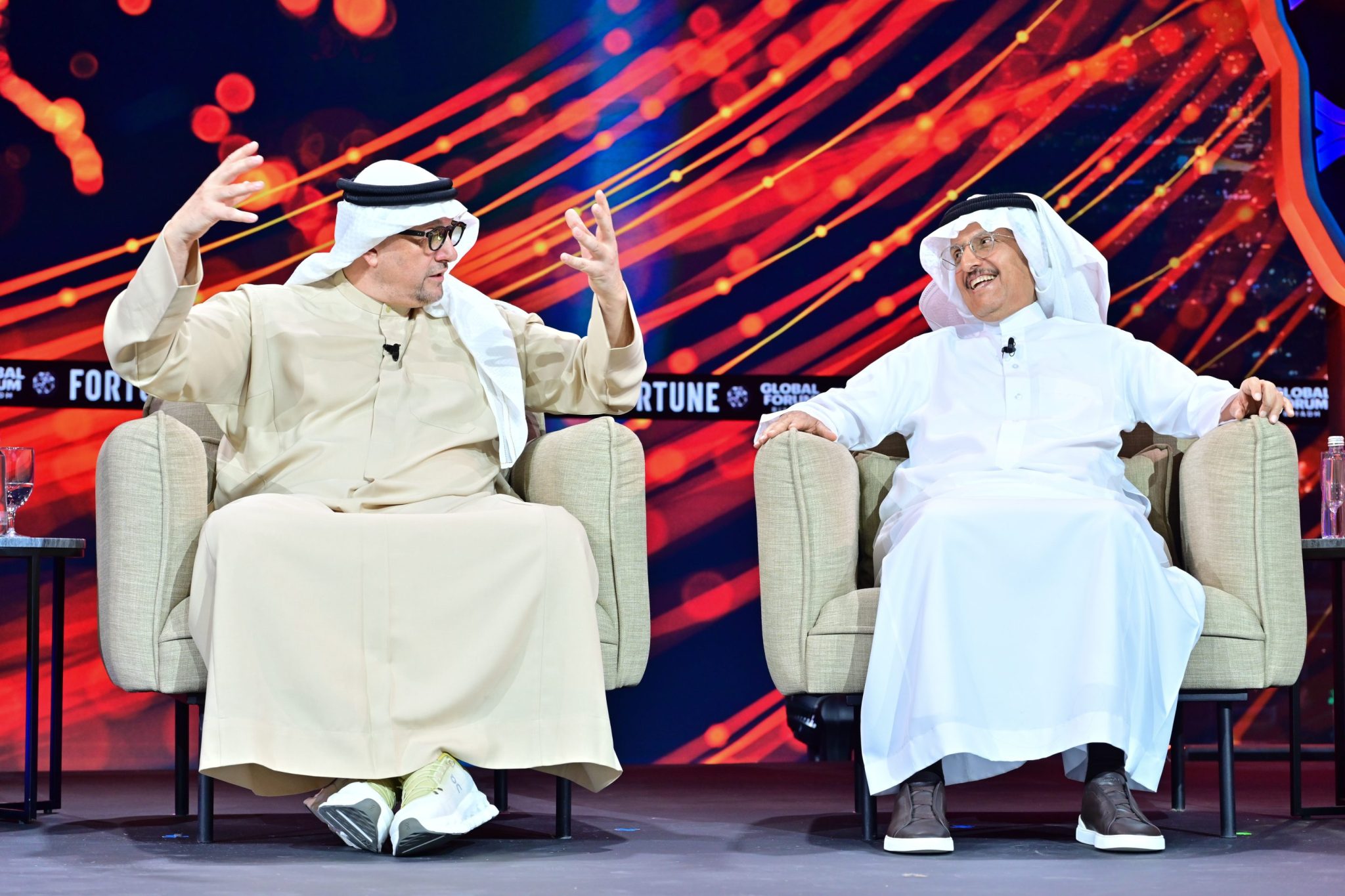Speaking at the Fortune Global Forum in Riyadh, ACWA chairman Mohammad Abunayyan and other industry leaders emphasized the global need for a balanced energy mix. They highlighted the importance of harnessing solar, wind, battery-storage power, fossil fuels, and nuclear power to ensure that people everywhere have access to the most secure, clean, and affordable electricity. This integration is especially crucial as renewable energy sources continue to become more cost-competitive.
However, Abunayyan cautioned against the “great disturbance” caused by rising trade barriers—without explicitly mentioning the trade wars initiated by U.S. President Donald Trump. He urged politicians to remove these obstacles, stating:
“These barriers with imports, exports, all of these issues, they are making it more complicated for the world. They are making it very expensive for everybody. We are just creating barriers unnecessarily for no reason. The whole globe needs each other.”
Abunayyan stressed the importance of global cooperation: “There’s no one country that does not need the others. We are all human on this Earth. We need to work together, we need to have integration, and we need to think about how we create something that’s good for all our people on this Earth.”
### ACWA’s Role in the Energy Transition
Apart from being a leading renewables developer, ACWA is currently building the world’s largest green hydrogen project in Saudi Arabia—the NEOM Green Hydrogen Project, which aims to produce ammonia and is slated for completion in 2027.
ACWA, half-owned by the Saudi sovereign wealth fund, has grown into one of the largest renewable energy and water desalination players worldwide. The company develops projects across Saudi Arabia, Asia, and Africa, including China. Notably, China Southern Power Grid holds a major stake in some of ACWA’s Asian wind subsidiaries.
Abunayyan praised China’s role in the energy transition, particularly its “Chinese innovation” and control over the largest supply chains for wind turbines, solar panels, and battery components.
“If there is no China, there is no energy transition,” he stated. “We have to give full credit to China’s innovation, scale, competitiveness, and giving solutions to the world that they will be able to go into an energy transition.”
### Middle East’s Renewable Energy Push
Similarly, Abu Dhabi-based Masdar is aiding the United Arab Emirates and other Middle Eastern countries in their shift to renewables for domestic power, despite remaining major global oil exporters.
Masdar CEO Mohamed Jameel Al Ramahi said the UAE aims to generate 50% of its electricity from renewables by 2030. A key component of this vision is Masdar’s “round-the-clock,” 1-gigawatt renewable project, which broke ground in Abu Dhabi in October. This project combines solar power, battery storage, and AI-driven software management to provide power 99% of the time, effectively addressing the intermittency challenges often cited by renewable energy critics.
“We can now control the power of the sun. We store during the day, and we generate during the day, and then we dispatch during the night,” Al Ramahi explained. “This could be a blueprint and replicated elsewhere.”
### The Importance of Energy Diversification
The CEO of France-based multinational utility giant Engie, Catherine MacGregor, echoed the importance of embracing both renewables and energy diversification. While Engie is investing more heavily in renewables than any other power source, MacGregor cautioned against relying solely on solar farms worldwide, as this would lead to an unreliable and inefficient energy grid.
“It’s not going to be one technology saving the world,” she said. “It’s the very smart integration, technology-based smart grid that is going to be the solution on the power side.”
MacGregor emphasized the critical need to make new electricity generation as green as possible—whether through growing demand or replacing outdated assets—while embracing whichever low-carbon generation sources make the most sense for each geography or nation.
“We are more confident than ever that we’re pointing in the right direction with the caveat that the projects have to be good projects,” she noted. “You need to provide the right electrons at the right times. The electricity that you produce has to have the right profile that customers need.”
https://fortune.com/2025/10/28/saudi-arabia-acwa-power-mohammad-abunayyan-tariffs-weaken-global-energy-transition-hurt-humanity/


